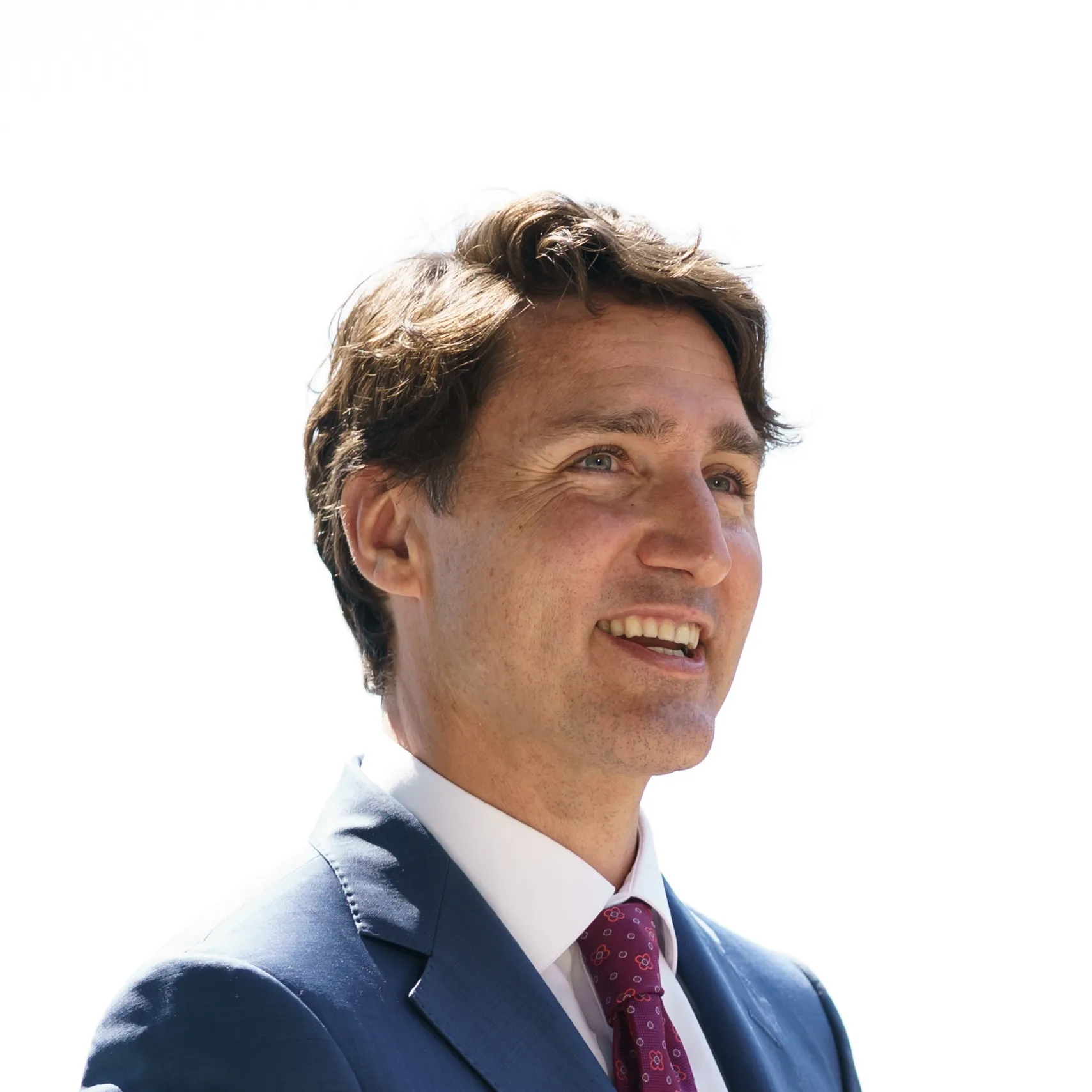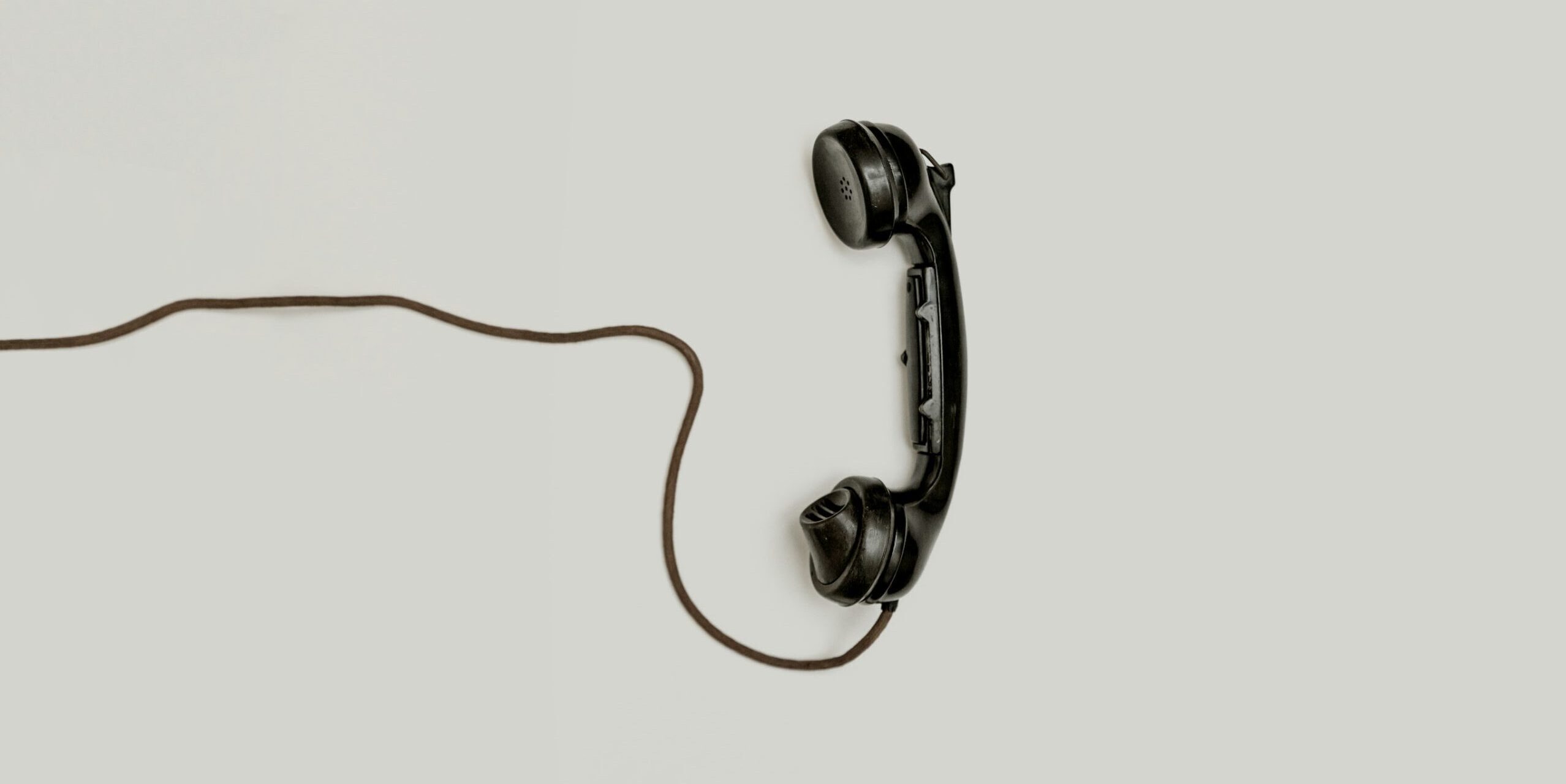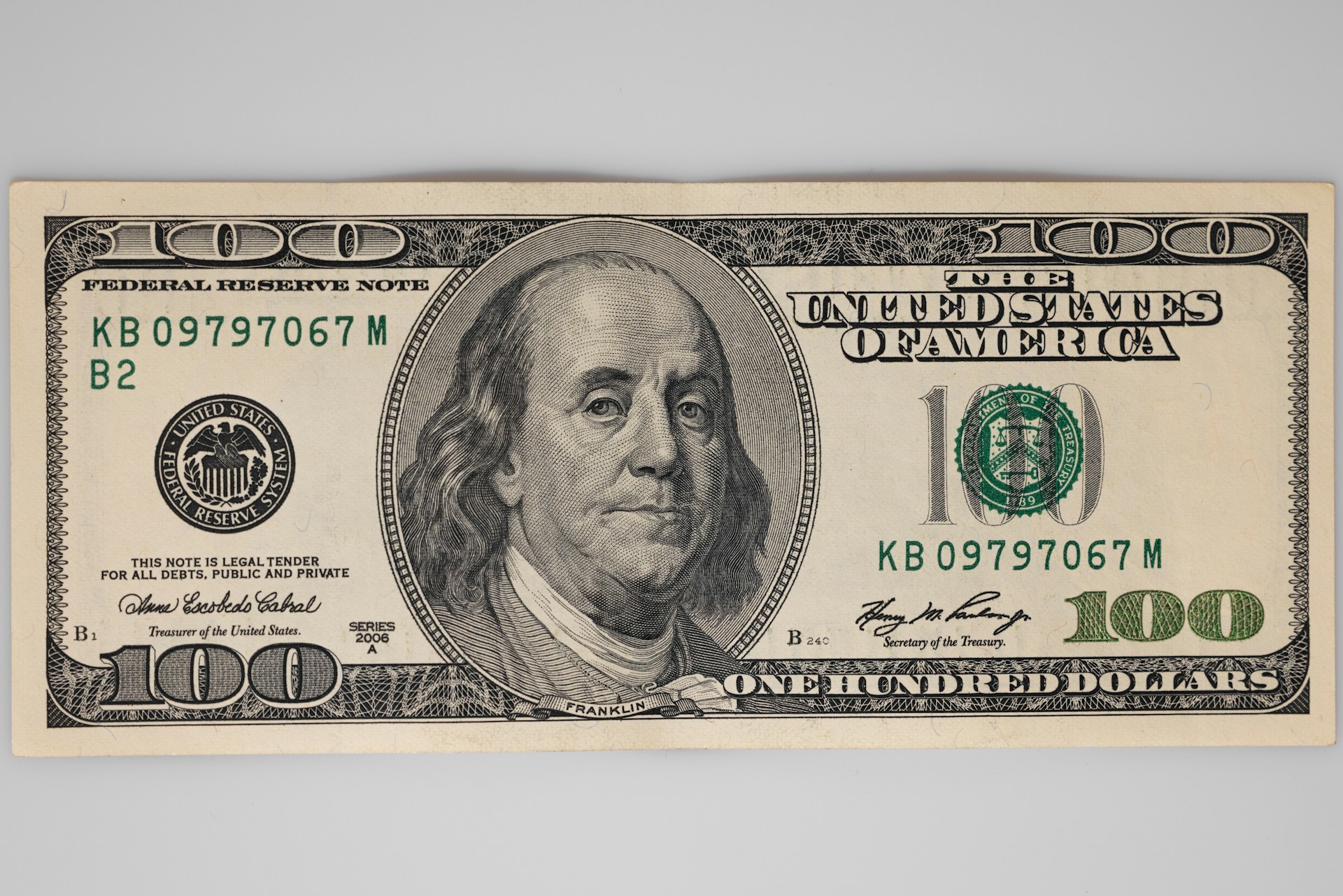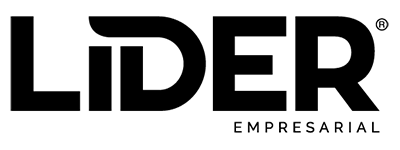Justin Trudeau Resigns as Prime Minister of Canada: What We Know

Justin Trudeau Resigns, Prime Minister of Canada Since 2015, as he announced this Monday his decision to resign as leader of the Liberal Party and as head of Government.
Justin Trudeau Resigns, Prime Minister of Canada Since 2015, as he announced this Monday his decision to resign as leader of the Liberal Party and as head of Government. Trudeau, 53, also explained that he will remain in office until his party elects a successor, a decision that marks the end of a political era in Canada.
“I intend to step down as party leader and prime minister after the party chooses its next leader,” Trudeau said during a speech broadcast live from Rideau Cottage, his official residence in Ottawa. “This country deserves a real choice in the next election,” he added.
For its part, Trudeau’s decision comes in a context of growing discontent within the Liberal ranks and an imminent defeat against Pierre Poilievre’s Conservative Party, who leads the polls with a considerable advantage. “If I have to fight internal battles, I can’t be the best option in those elections,” Trudeau explained, acknowledging that internal divisions within the party have weakened his ability to govern.
A Progressive Decline in the Polls
On the other hand, since winning the 2015 elections with a progressive platform, Trudeau has seen his popularity decline. Although he managed to revalidate his mandate in 2019 and 2021, he did not achieve parliamentary majorities. Subsequently, internal problems intensified in December, when he tried to dismiss his Minister of Finance and Deputy Prime Minister, Chrystia Freeland, which led to her resignation. The departure of Freeland, one of his key allies, deepened the crisis in the Government.
“Since 2015 I have fought for this country, for you, to strengthen and grow the middle class… We are at a critical moment in the world,” he stressed.
An Uncertain Future for Liberals after Justin Trudeau’s Resignation2586
Trudeau’s resignation comes a few months before the elections scheduled for October. For this reason, the Liberal Party now faces the challenge of electing a new leader capable of revitalizing the formation and competing with the growing strength of the Conservatives. “It’s time for a reset,” Trudeau said, noting that his departure could help reduce political polarization in Canada.
Trudeau’s decision has shaken the Canadian political landscape and opens a new stage of uncertainty. Meanwhile, the Prime Minister will continue in his position until the succession process is completed, leaving open the question of who will lead the Liberals in the next electoral contest in Canada.
Related Articles
More Articles

Trump and USMCA: The Call That Reshapes Mexico
Jan 17, 2026

Guanajuato Attracts Over $1.75 Billion in Automotive Investments
Jan 15, 2026

Aguascalientes Ranks Top 10 for Venezuelan Residence in Mexico: INEGI
Jan 5, 2026

General Motors to Invest $1 Billion in Mexico
Jan 15, 2026

Falling Dollar: Who Wins and Who Loses in Querétaro?
Jan 28, 2026

How Does Conscious Mining Impact Guanajuato's Economy?
Jan 27, 2026
